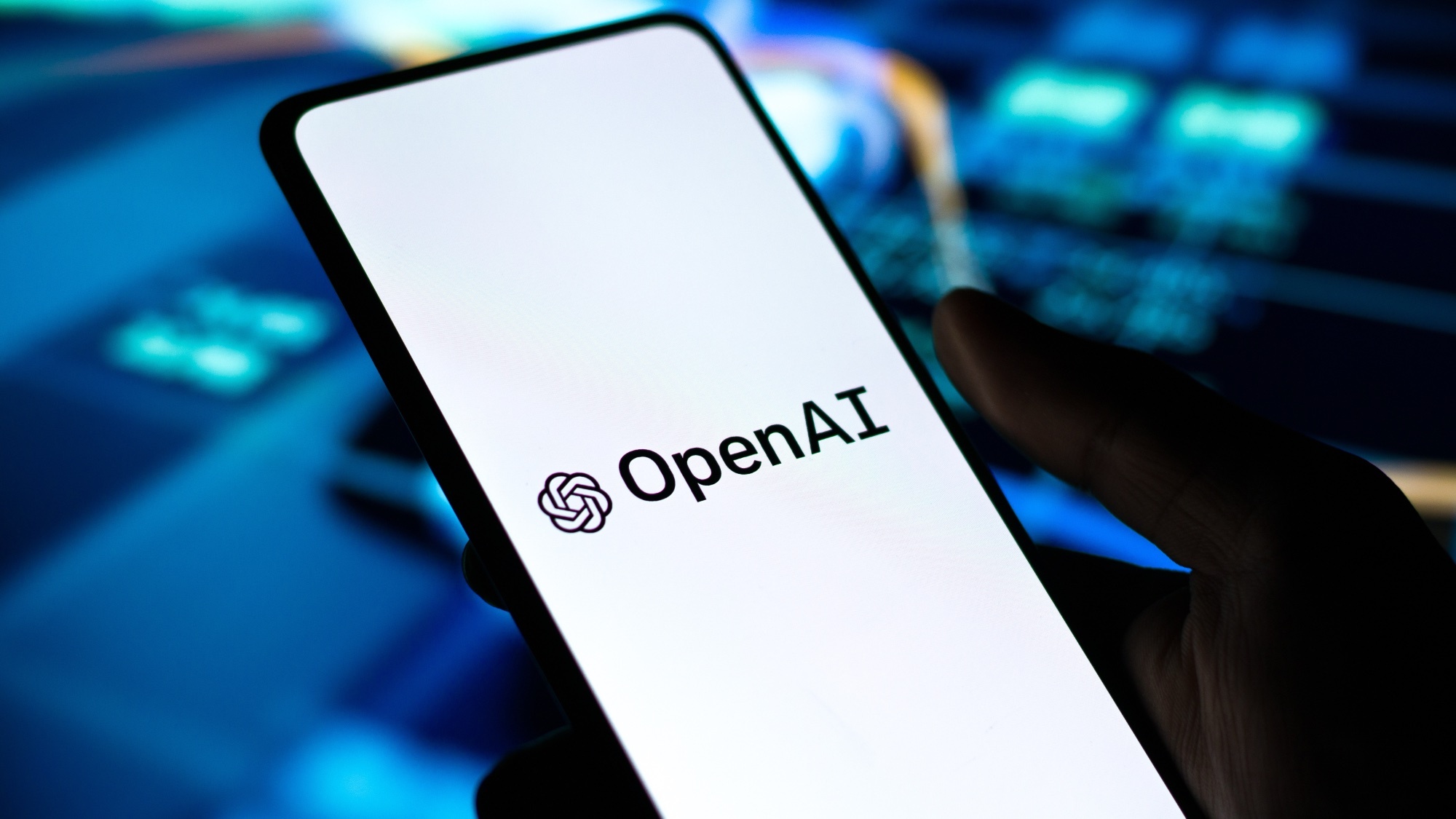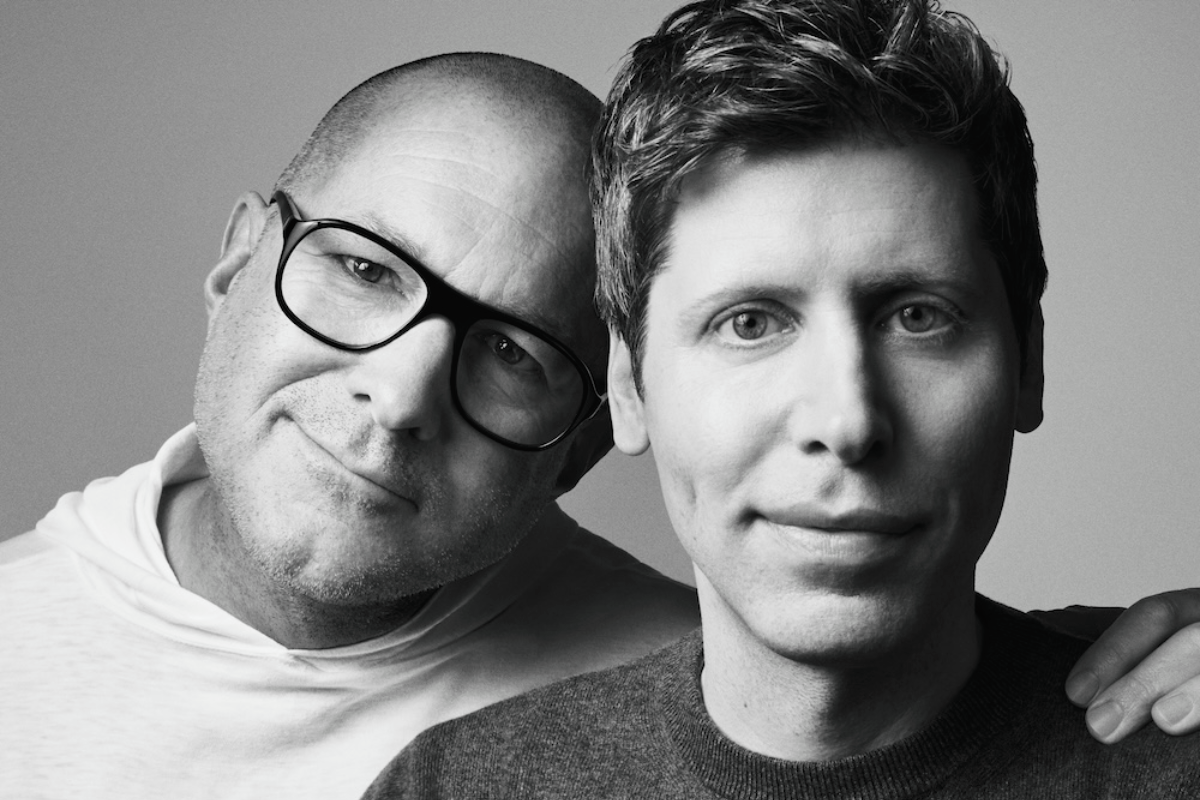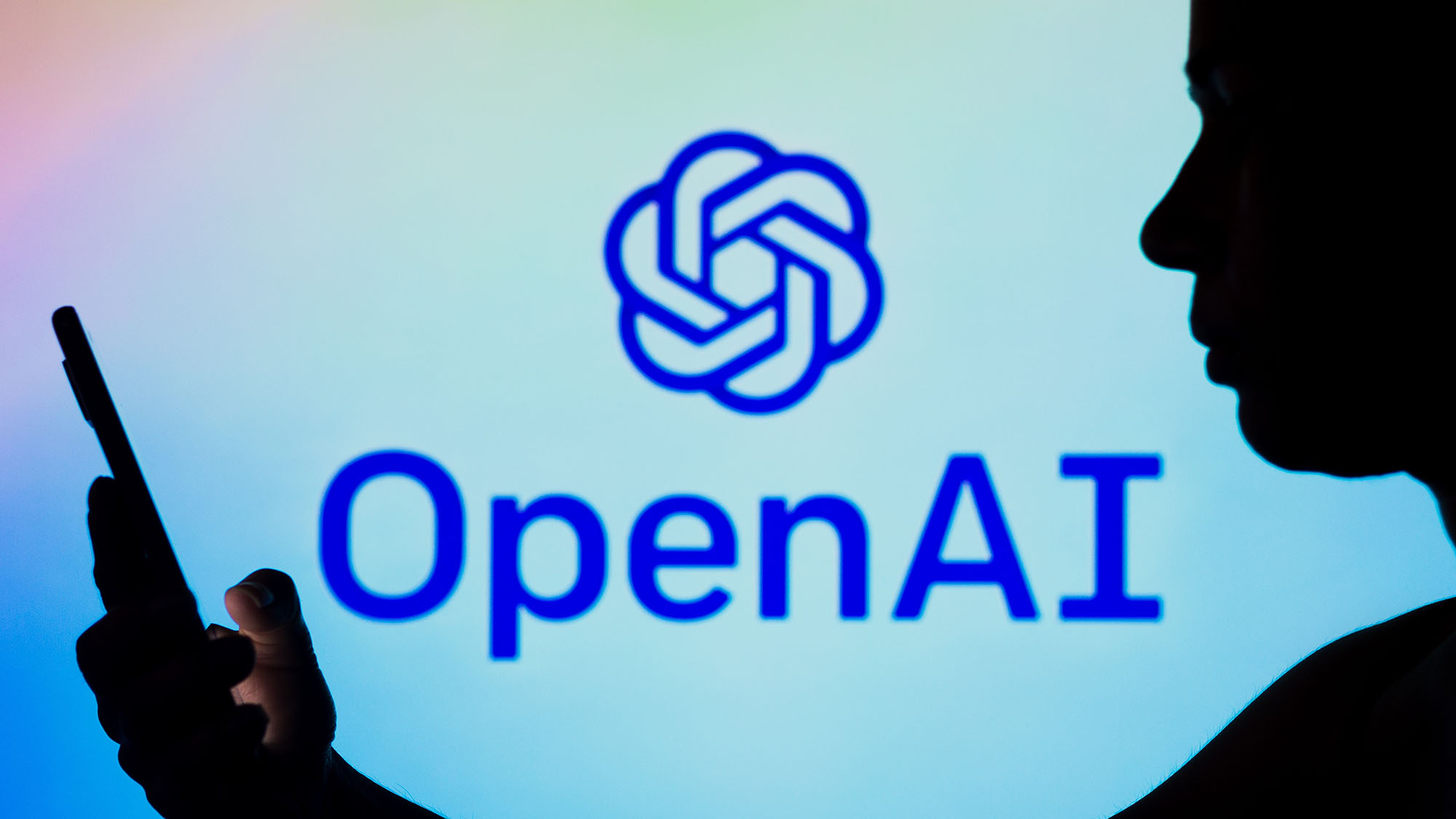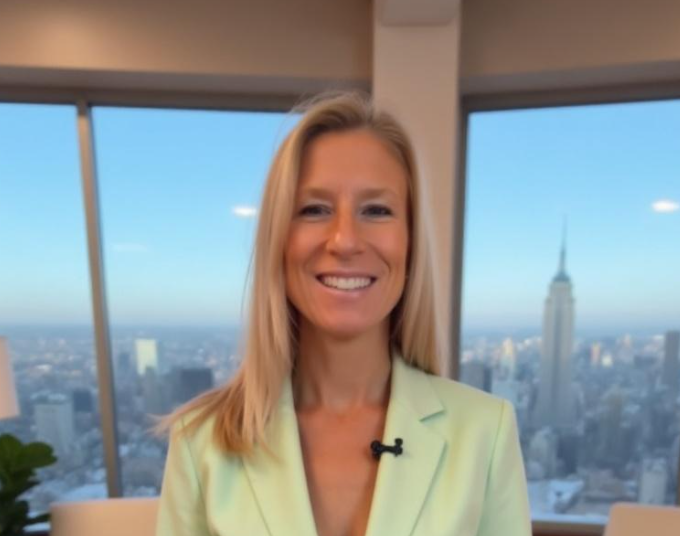OpenAI's Sam Altman says your computer isn’t built for AI — so it’s creating something entirely new
The computers of the future won't look the same

OpenAI CEO Sam Altman believes the future of computing won’t run on the devices we use today. A bold prediction, but it makes sense, considering how quickly technology evolves. Consider your first computer and the one you use today; they are, without a doubt, wildly different.
According to Altman, our current laptops and phones were designed for a pre-AI world, and to unlock the next generation of intelligent agents, we need a “fundamentally new” kind of computer.
That’s precisely what OpenAI is now working on: a new class of AI-first hardware built from the ground up to support always-on, context-aware assistants that live with you, not just on your screen.
Why OpenAI says we need new devices
Altman believes that current computers can only handle basic AI tasks, such as autocorrect or voice dictation.
However, for AI to become truly useful, it needs to understand your environment, schedule, and preferences, and act on that knowledge in real-time.
That means a device that’s deeply aware of context, ultra-responsive and optimized for tasks AI is just beginning to master. Tasks like helping you book travel, summarizing pages, answering emails, or even planning your day from start to finish are all types of activities an "AI computer" might perform.
While details are still under wraps, here’s what we’re likely to see based on OpenAI’s moves and Altman’s vision:
- Proactive agents that help without needing a prompt
- Local AI processing for fast, private responses
- Seamless integration across calendars, contacts, location and more
- No traditional apps — just one intelligent interface
Imagine something more intuitive than your smartphone and more like a companion that’s always working in the background to keep your life running smoothly.
Get instant access to breaking news, the hottest reviews, great deals and helpful tips.
How OpenAI is making it happen

To pull this off, OpenAI isn’t going to do it alone. The company recently acquired io, a hardware startup co-founded by former Apple design legend Jony Ive, in a deal reportedly worth $6.5 billion.
It’s also part of Project Stargate, a $500 billion joint venture with SoftBank and Oracle designed to build the infrastructure needed to support massive AI models and devices at scale.
Together, these moves point to something big: not just a device, but an ecosystem including hardware, software and supercomputing all optimized for the AI age.
What this means for you

Altman has hinted at an AI-first operating system, potentially subscription-based, where intelligent agents replace the app-based interface we’re used to. And now that OpenAI is no longer “compute-constrained,” the company has the resources to actually build it.
If successful, this could mean:
- Fewer screens, more automation
- An end to app overload
- One central AI assistant to handle it all
Bottom line
This is a vision of ambient computing, where AI fades into the background, while quietly making everything work better.
OpenAI is going beyond chatbots to now reinventing the computer itself. If it pulls this off, we may be looking at the most significant leap in personal technology since the iPhone.
Whether it’s a wearable, a pocket device, or something entirely new, one thing is clear: the future of AI won’t just live in your browser. It’ll live in your life.
More from Tom's Guide
- This ChatGPT side hustle only takes 15 minutes a day — but here’s the catch
- I turned a PDF into a video in under 5 minutes — here’s the AI tool that made it happen
- ChatGPT is changing the way we talk, text and write — new study reveals how

Amanda Caswell is an award-winning journalist, bestselling YA author, and one of today’s leading voices in AI and technology. A celebrated contributor to various news outlets, her sharp insights and relatable storytelling have earned her a loyal readership. Amanda’s work has been recognized with prestigious honors, including outstanding contribution to media.
Known for her ability to bring clarity to even the most complex topics, Amanda seamlessly blends innovation and creativity, inspiring readers to embrace the power of AI and emerging technologies. As a certified prompt engineer, she continues to push the boundaries of how humans and AI can work together.
Beyond her journalism career, Amanda is a long-distance runner and mom of three. She lives in New Jersey.
You must confirm your public display name before commenting
Please logout and then login again, you will then be prompted to enter your display name.
 Club Benefits
Club Benefits















